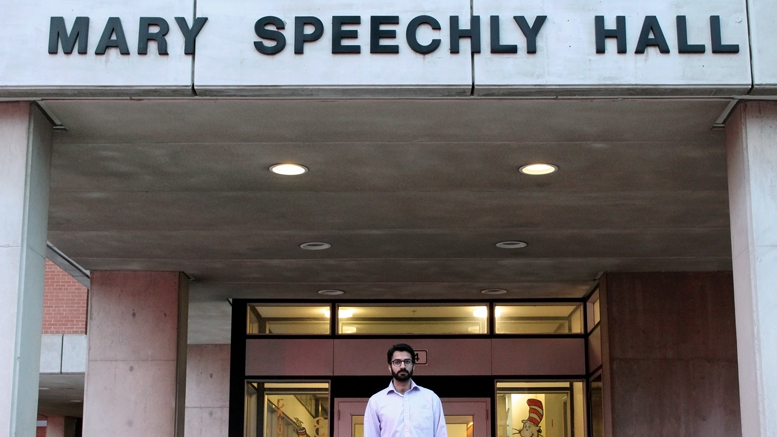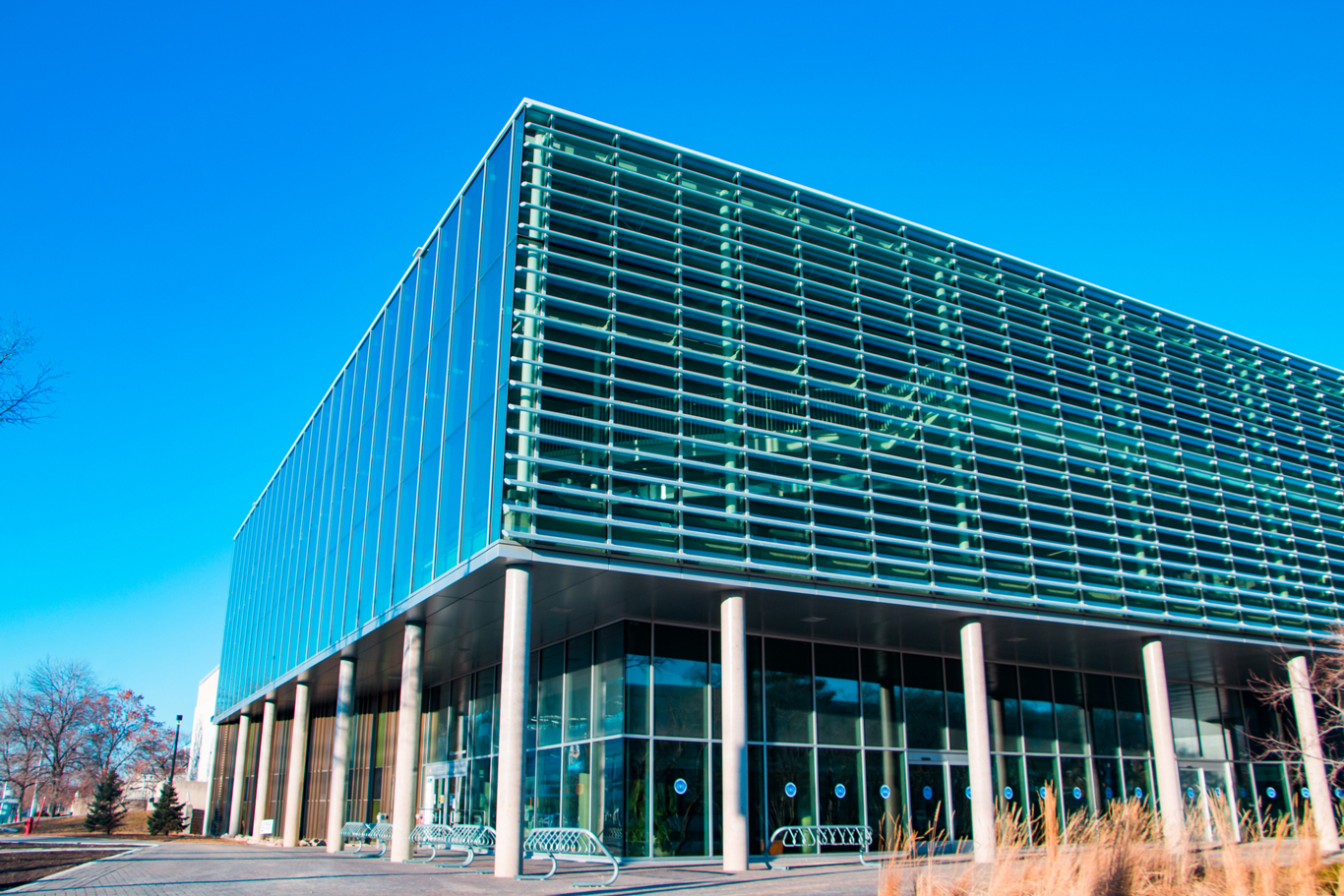The University of Manitoba’s board of governors recently approved a proposal that will increase rent for student residences and hike other ancillary fees for students living at the university.
Passed on March 15, the motion called for higher room rates resulting in increases between approximately $200 and $400 annually for its residence buildings. The U of M operates four residences: Pembina Hall, Arthur V. Mauro, Mary Speechly Hall, and University College. The motion did not include the residences at St. John’s, St. Paul’s, and St. Andrew’s colleges.
Rates for meal plans will also increase, with different mandatory options for Pembina Hall and Mary Speechly Hall residents hiked by approximately $150 whereas University College meal plans will see an increase of about $130.
Annual residence rates at Pembina Hall will increase by three per cent, amounting to an increase of $202, seeing a jump in total fees being paid from $6,604 to $6,806. The annual single room and double room rates at Mary Speechly Hall will increase by seven per cent, amounting to increases of $342 and $218, resulting in total fees changing from $4,856 to $5,198 for a single room and $3,102 to $3,320 for a double room.
Annual residence rates at Arthur V. Mauro will see an increase of 4.5 per cent, amounting to an increase of $316 and producing a rise in total fees paid from $6,962 to $7,278.
University College’s residence rates will see the most drastic uptick, with rent increasing by nine per cent. This amounts to a $438 hike on both single room and double room rates, whereby respective costs will change from $4,856 to $5,294 and from $3,102 to $3,382.
The university justifies the fee hikes by citing the need for expensive capital repairs to its residences.
The proposal cites a need for window replacements in University College, stating “[the] project would span four years and is estimated to cost $750,000 per phase.” Moreover, Mary Speechly Hall requires door and bathroom upgrades to its facilities as well as the construction of a community kitchen. The total cost for all the renovation projects at Speechly are estimated to be $400,000.
The university also justifies the rent hikes as part of a broader plan to ensure that its student residences are self-sustaining, meaning that the rent will be able to cover the full cost of maintaining the buildings.
The proposal also contains data showing that the U of M is among the most competitive post-secondary institutions in Canada when it comes to offering affordable student housing. For most types of student housing, only Brandon University and the University of Saskatchewan surpass the U of M in terms of affordability.
“We believe that students need to see improvements in the spaces they live in and the services they receive in order justify fee increases in student residences,” said Andrea Edmunds, director of ancillary services at the U of M, in an email to the Manitoban.
“We feel that this proposal is consistent with that value and will directly benefit our new and returning residents.”
But despite positive assurances from campus officials, international students have expressed their opposition to the proposed rent and ancillary fee hike. International students comprise 57 per cent of students living in residence at the U of M.
Mujtaba Jalil, the UMSU international students’ representative, told the Manitoban that the rental hikes will ensure that the cost of student housing is increasingly cumbersome for many international students.
“From the perspective of residence, it should be a service for students, not a burden,” Jalil said in an email.
“Increasing fees reflects on how much importance is being given to profiteering over education.”
Access to student housing at the U of M came under scrutiny last year when South Winnipeg–St. Norbert Coun. Janice Lukes drew attention to the proliferation of illegal rooming houses around the Fort Garry campus.
Lukes argued last September that a shortage of inexpensive campus housing was driving many students to seek potentially unsafe rental accommodation. There are 1,316 bed spaces available on campus, with 98 per cent occupancy during the academic year. The wait list for student housing is 300 names long.
Residential areas in the Fort Garry and Fort Richmond neighbourhoods are zoned as single-family and two-family residential districts, which prohibit the establishment of single room occupancy accommodation. However, many houses have been converted to single room occupancy without ensuring that they meet the specifications of the Manitoba Building Code.
Lukes told the Manitoban that the university has “made it loud and clear” that subsidizing student housing – either to help address the issue of illegal housing or simply to assist students – is not something the U of M is interested in pursuing.
Lukes added that she is more hopeful that private businesses will pick up the slack. In particular, she cited the 14-storey apartment complex planned for the corner of Pembina Highway and Bison Dr. The complex is slated to house 200 students.
“The university is hoping private enterprise, private business, private markets will pick up and build [housing]. And they are! And I’m rolling out the red carpet for them to build something that will help students,” Lukes said.
No deal for meals
The cost of meal plans for students living in residence are also slated to increase this year, with Mary Speechly and Pembina Hall each slated for a three per cent increase in annual rates for their various meal plans. Meal plans for University College residents are slated to increase by five per cent.
“Items deemed ‘sustainable, specialty, and/or healthy food options’ are in high demand and we continue to spend more on these products to meet stakeholder expectations,” the proposal states by way of explanation.
“Paper is also a nature of expense that has been dramatically affected by moving to more sustainable packaging.”
Jalil told the Manitoban that the meal plan fee hikes are evidence that the university is “hungering for money.”
Furthermore, he criticized U of M dining services as “bad” and “expensive,” and alleged that the service is not sufficiently flexible for students with cultural or religious dietary restrictions.
“It is disheartening to hear that perspective,” Edmunds said.
“From a food service point of view, dining services is always pleased to meet with students who have specific requirements to see how various requests can be accommodated.”
Edmunds said there are many mechanisms in place to ensure students in residence are fully aware of their meal options and that students are encouraged to contact dining services and make arrangements with them as needed.
Edmunds said international students continue to choose the U of M as their academic destination over other universities.
She cited international student enrolment as having increased substantially since 2009, adding that international students are highly valued at the university. International students make up 10 per cent of the roughly 29,000 students at the U of M.





